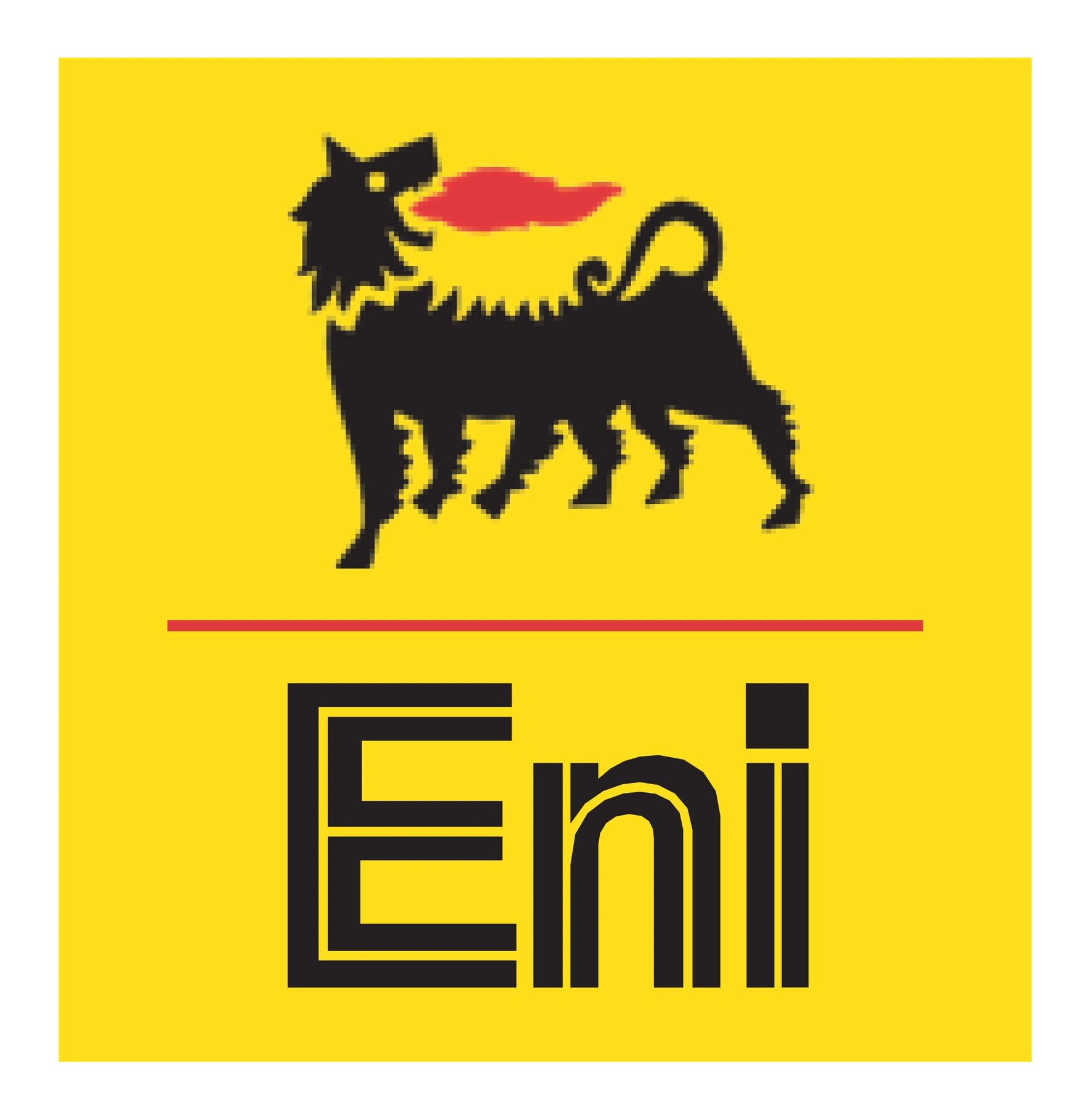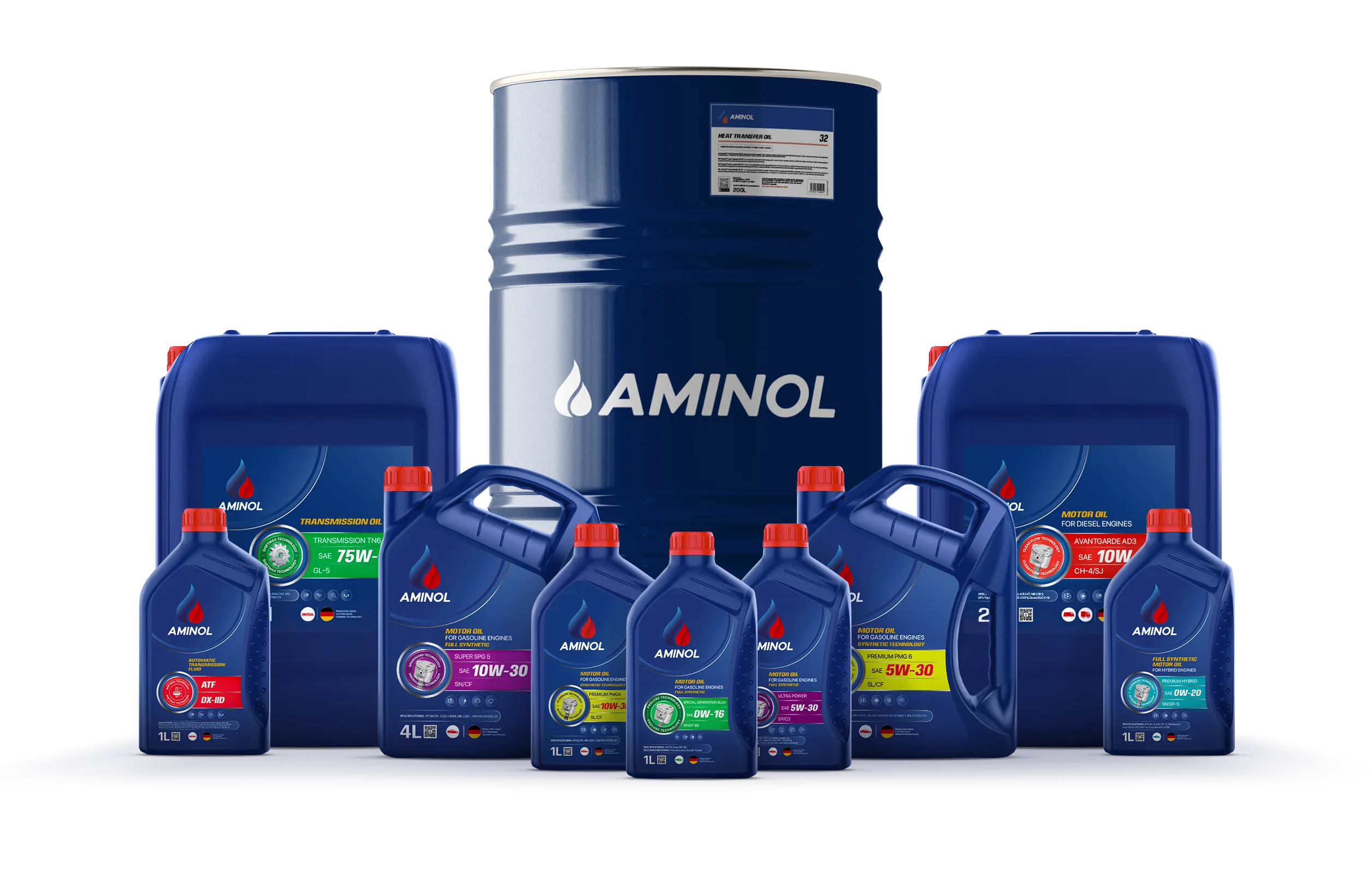Power. Protection. Performance.
Aminol delivers the strength your machines need, the protection they rely on, and the performance you expect—every time.
Our Partners

















AL/GO-0009
MoreAL/GO-0008
MoreAL/GO-0010
MoreAL/GO-0011
MoreAL/GO-0012
MoreAL/GO-0013
MoreAL/GO-0014
MoreAL/GO-0001
MoreAL/GO-0002
MoreAL/GO-0003
MoreAL/GO-0004
MoreAL/GO-0005
MoreIndustrial Transmission Oils and Their Importance for Heavy Machinery
What is Gear Oil and Its Types
Gear oils are special industrial oils used in gearboxes. They provide mechanical energy transmission and also protect metal surfaces.
Most commonly used types:
Mineral Gear Oil: Traditional, inexpensive, but needs frequent replacement
Synthetic Gear Oil: High temperature and pressure resistance
EP (Extreme Pressure) Gear Oil: Protects gears under high pressure
Semi-Synthetic Gear Oil: Blend of mineral and synthetic, balanced performance
Low Noise Oils: Special formulas to reduce noise
Industrial gear oils are special technical fluids used in various industrial equipment, gear systems, and heavy machinery. These oils not only transmit mechanical energy, but also reduce friction, prevent wear of components, and extend the lifespan of the equipment.
In heavy machinery, gear systems operate under high pressure, speed, and temperature conditions. Using improperly selected gear oil can reduce system efficiency, increase energy consumption, and result in costly repairs.
Main functions:
Reduce Friction: Minimizes friction between gear teeth.
Prevent Wear: Creates a protective layer on metals, reducing long-term damage.
Regulate Temperature: Dissipates heat generated during operation to maintain optimal system temperature.
Protect Against Corrosion: Prevents metal surfaces from oxidizing.
The quality of oils used in gear systems directly affects equipment lifespan and performance. Many types of gear oils are available in the market, but the wrong choice can lead to expensive consequences.
Factors to consider when selecting:
Viscosity Grade: Choosing oil according to recommended SAE and ISO standards for each system is crucial.
EP (Extreme Pressure) Properties: EP-containing oils are used for gears operating under high pressure.
Synthetic vs. Mineral Oils: Synthetic oils are long-lasting and highly temperature-resistant. Mineral oils are cheaper but evaporate faster and need frequent replacement.
Additives: Antioxidants, corrosion inhibitors, and anti-friction agents help the system work more efficiently.
Proper gear oil selection is essential not only for technical performance but also to reduce energy consumption and minimize failures.
The replacement interval for gear oil depends on many factors: operating conditions, temperature, load, and oil type.
Signs that oil needs replacement:
Darkening or cloudiness of the oil
Change in smell or burnt odor
Visible metal particles in the oil
Increased noise from the equipment
Temperature higher than normal
Most industrial equipment requires oil replacement according to the intervals recommended by the manufacturer. Synthetic oils can last longer, but EP properties require replacement after a certain period.
High-performance gear oils are critical in the following areas:
Heavy machinery and construction equipment (bulldozers, excavators)
Industrial gearboxes (high-speed, high-pressure systems)
Manufacturing plants (metal, paper, food industry)
Energy and power plants (generator gearboxes)
These sectors demand high pressure and long-term durability. Proper oil selection ensures uninterrupted operation and reduces maintenance costs.
Yes, proper gear oil can significantly reduce energy consumption. Oils that minimize friction and withstand high pressure allow gears to move more easily. As a result, engines and other power sources consume less energy, generate less heat, and system efficiency increases.
Synthetic gear oils are laboratory-made with a specific molecular structure, unlike natural mineral oils. Therefore:
They resist high temperatures
Protect against oxidation for a long time
Are more effective against friction and wear
EP and additive properties are more stable
These advantages allow synthetic oils to be used for longer periods without replacement, making them ideal for high-performance industrial systems.
Gear and industrial oils are critical for equipment lifespan, energy consumption, and technical safety. Properly selected oils:
Reduce friction
Minimize wear
Regulate temperature
Protect equipment from corrosion
Optimize energy usage
Synthetic and EP oils provide long-lasting and effective performance in heavy industrial conditions. Following replacement intervals and viscosity standards is essential for uninterrupted equipment operation.
The Aminol brand provides reliable and high-quality solutions in this field. Aminol’s industrial and gear oils are specially formulated with EP and synthetic technologies and enriched with amino-based antioxidants and protective additives.
As a result, Aminol oils:
Maximize friction reduction and wear protection
Maintain stability under high temperature and pressure
Improve equipment energy efficiency and extend service life
Aminol products are a reliable choice for ensuring continuous and safe operation of industrial equipment and provide long-term performance in heavy industrial conditions.

Aminol delivers the strength your machines need, the protection they rely on, and the performance you expect—every time.
















